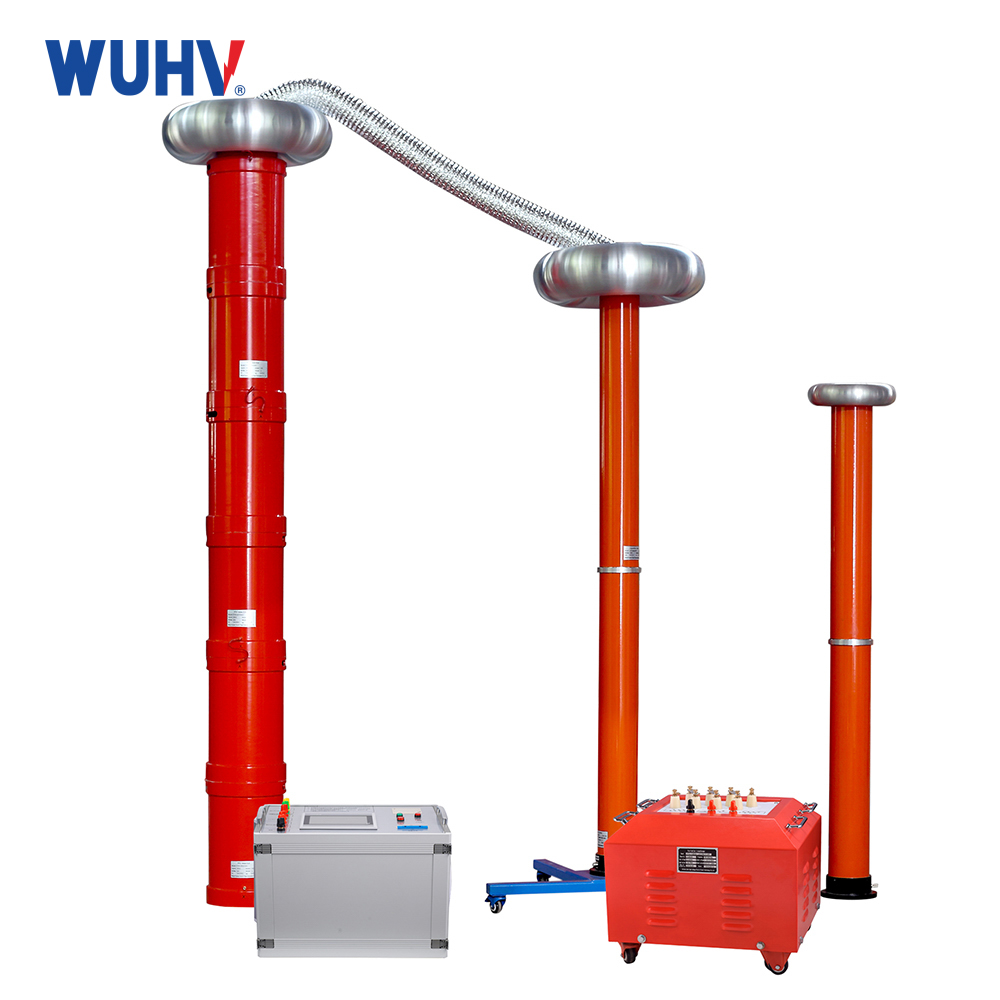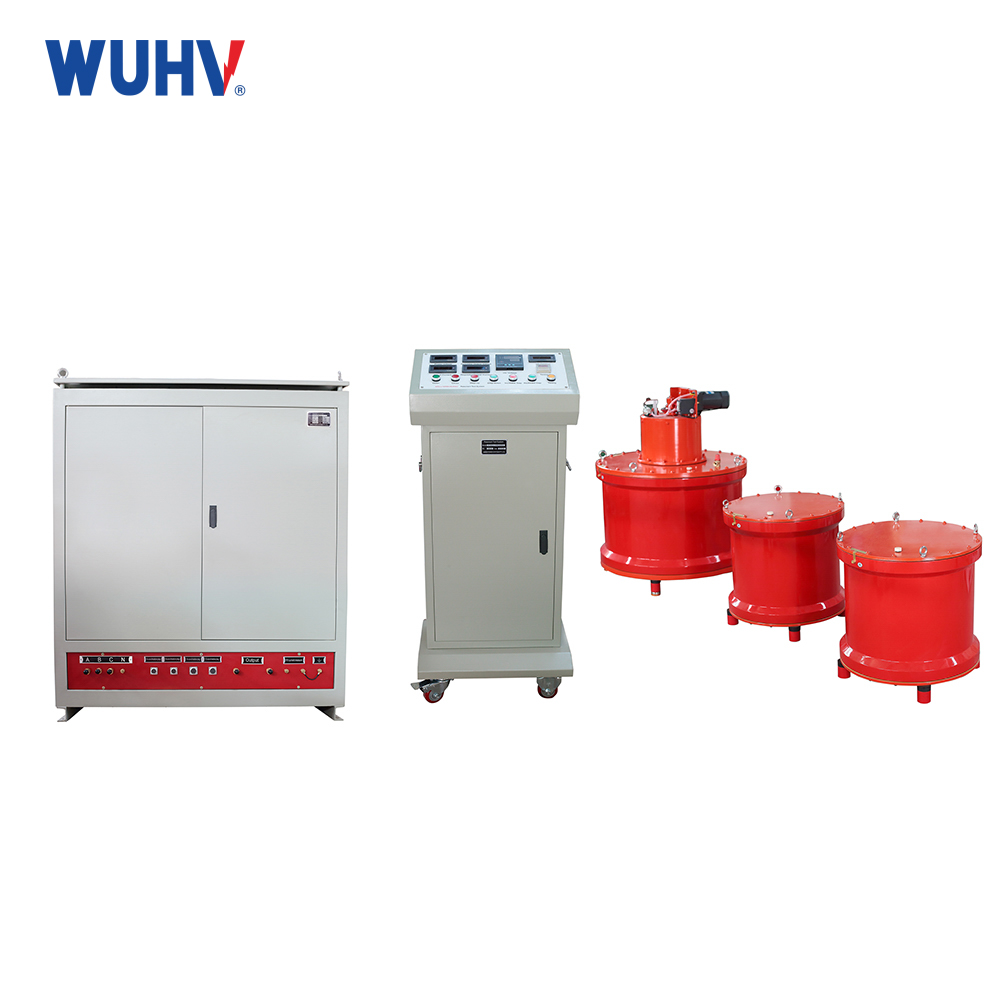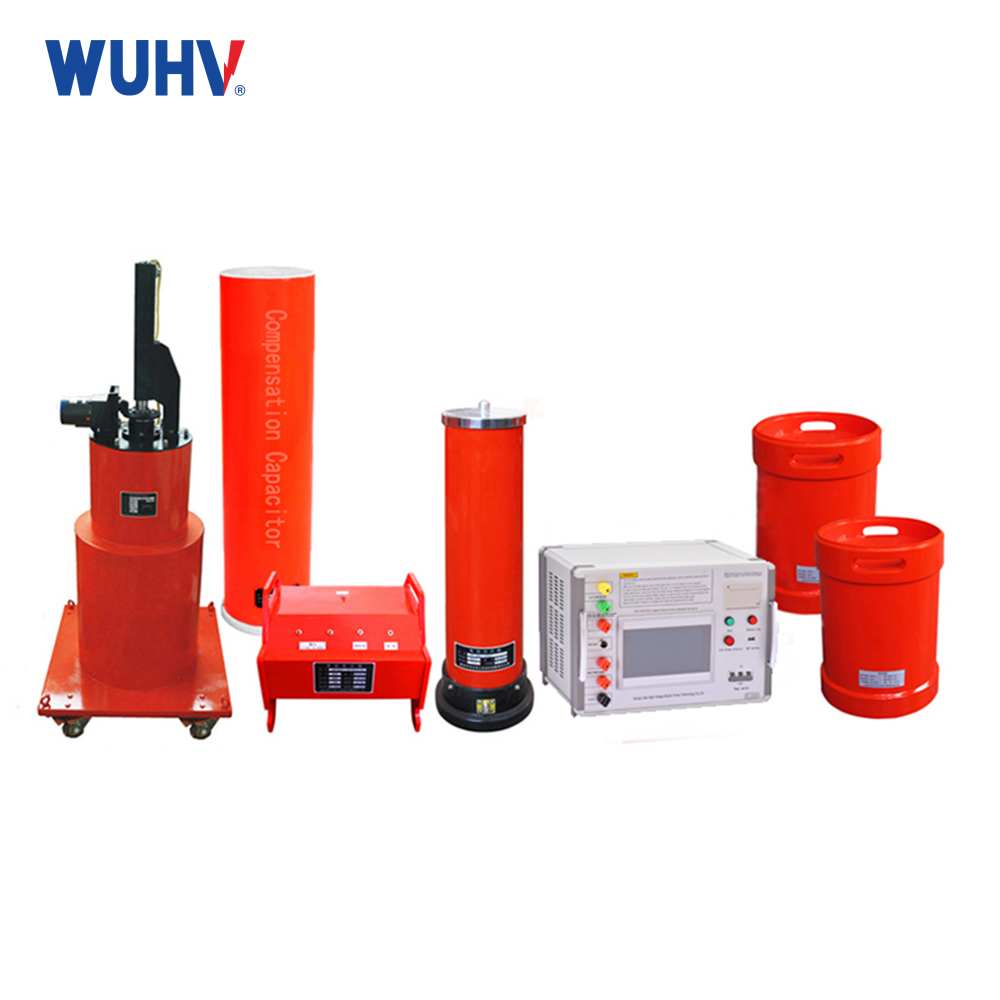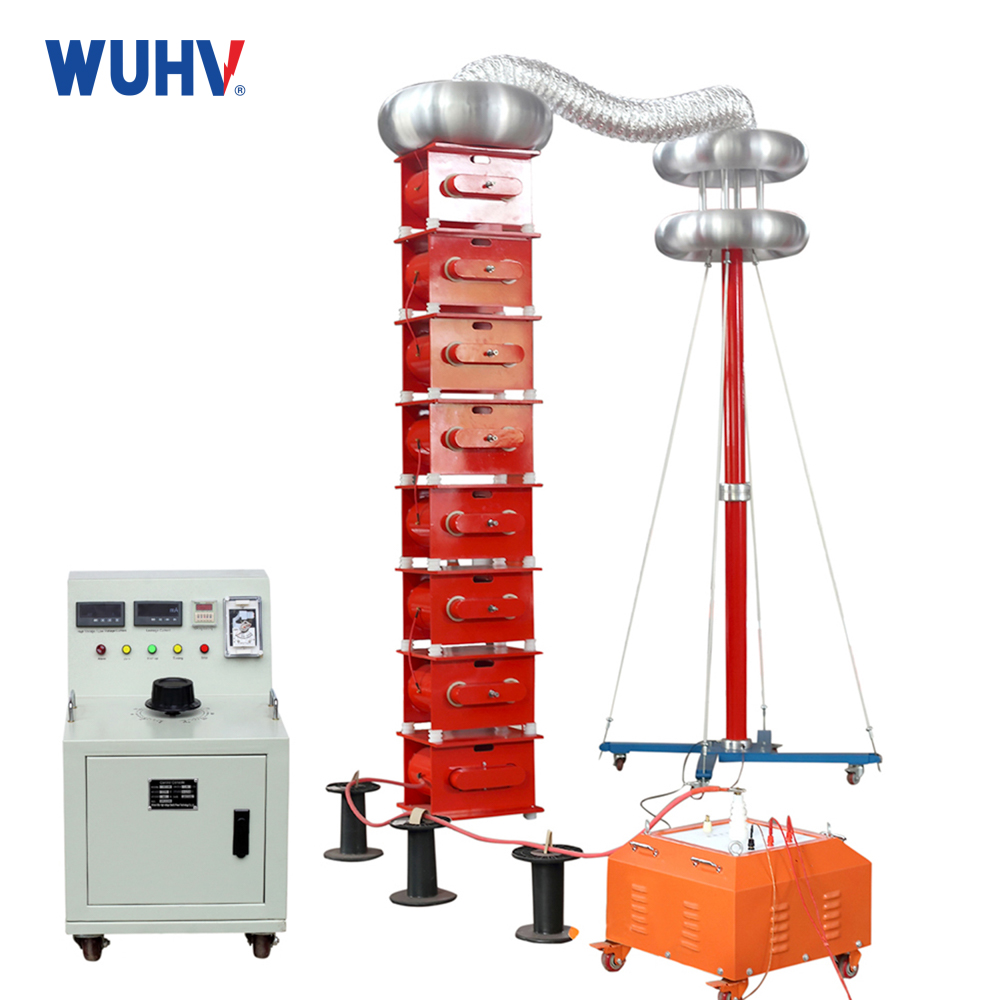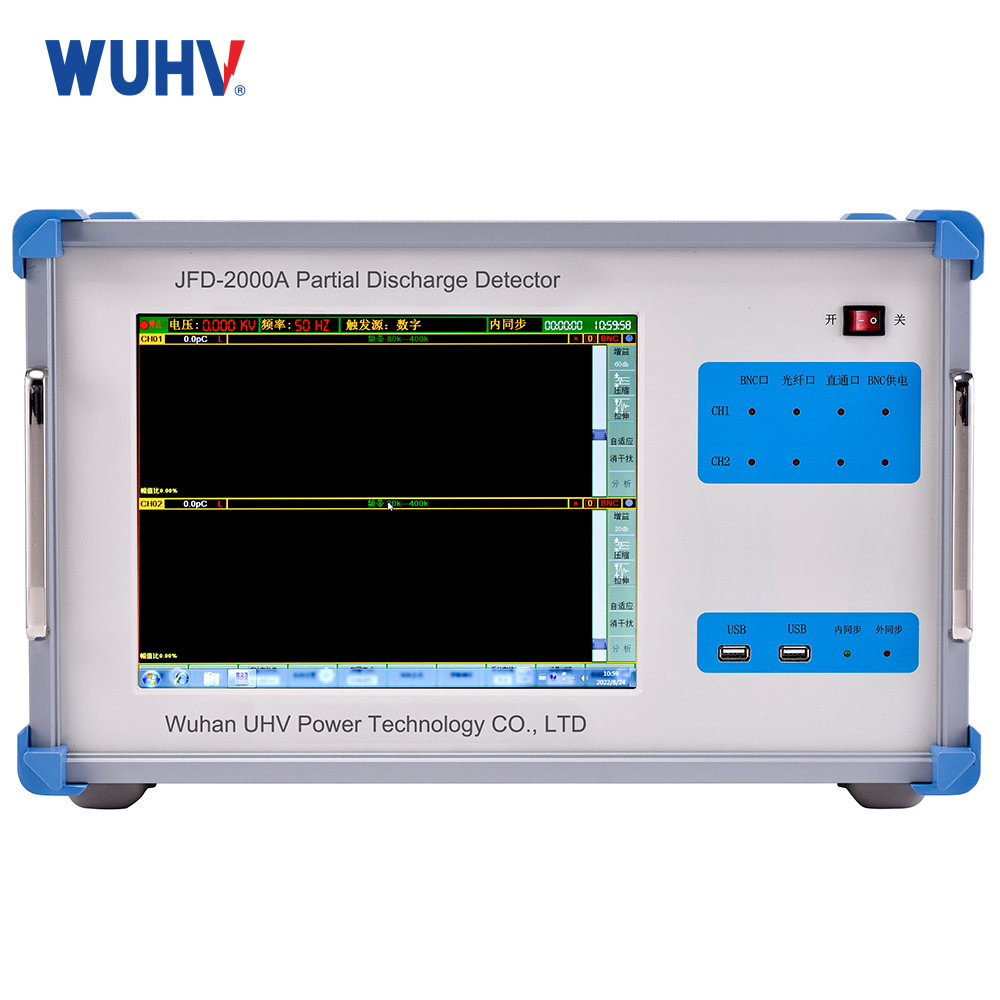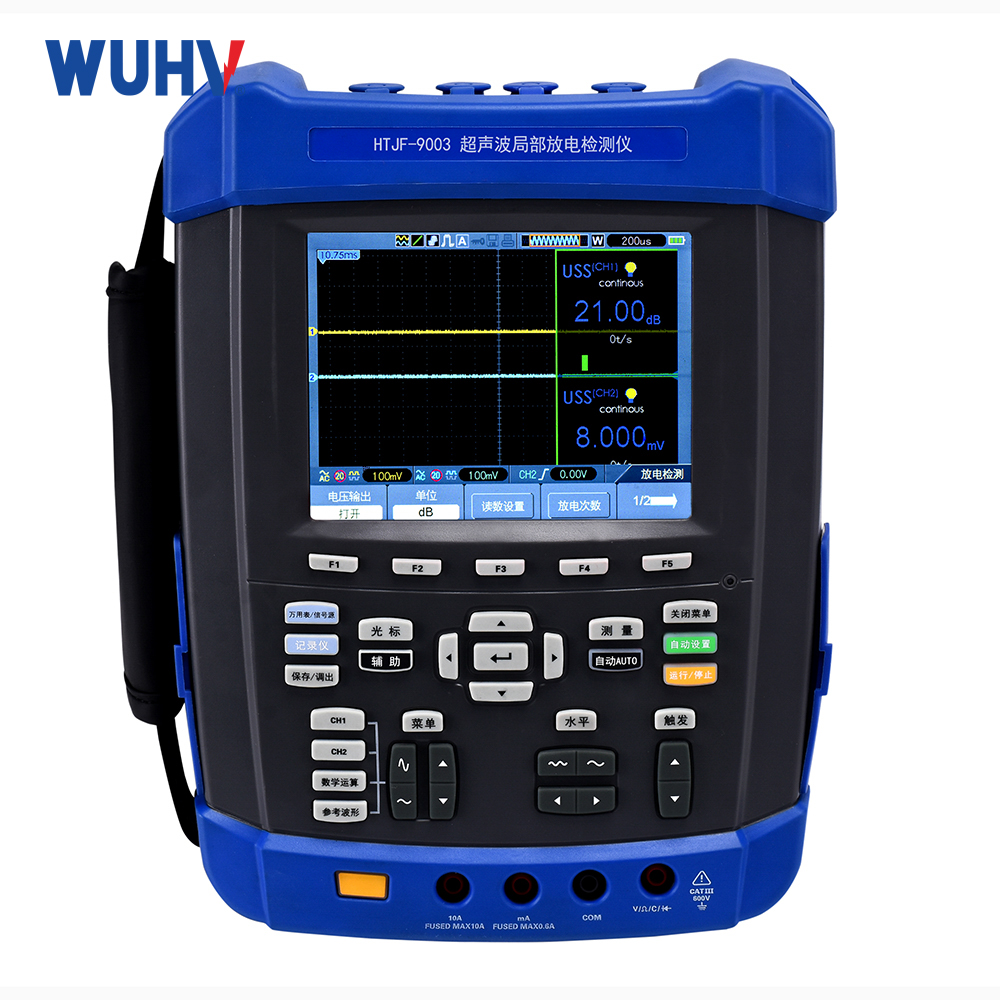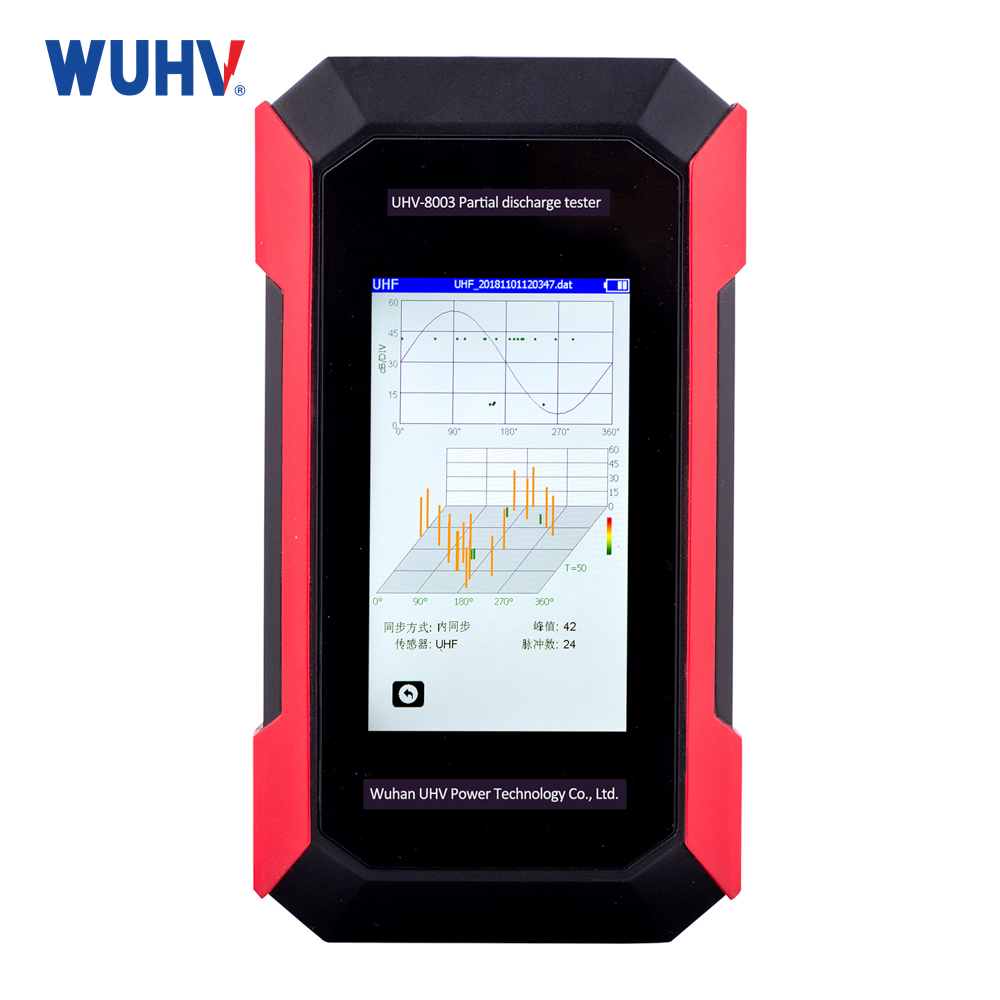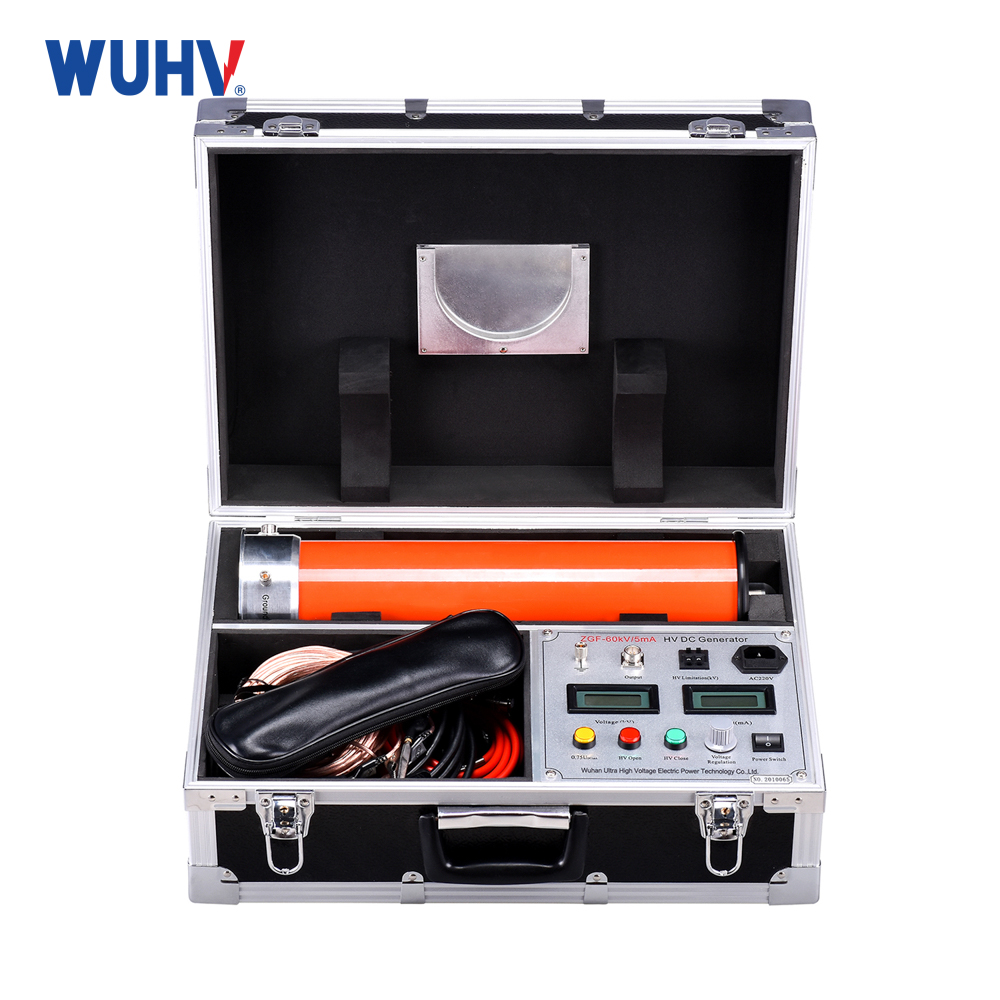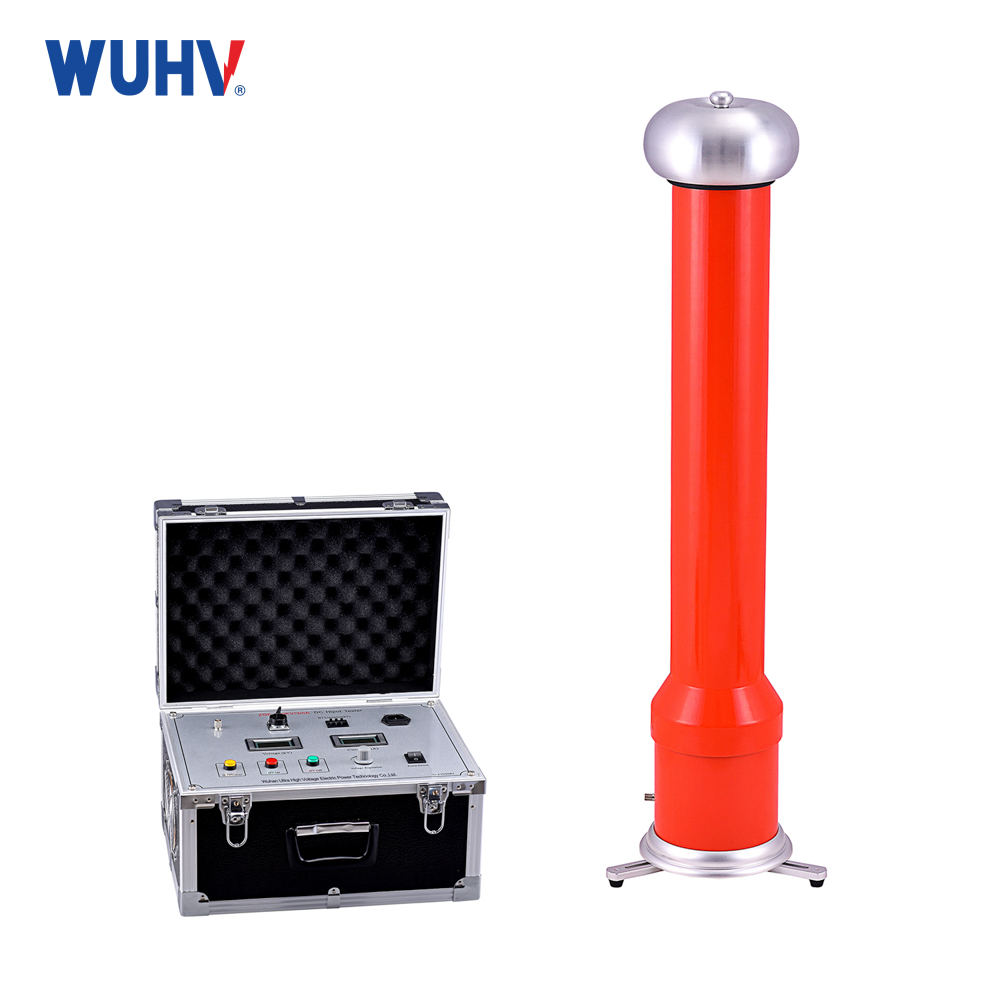The SF6 gas density relay calibrator under UHV Power can help many power workers to carry out various power tests more conveniently.
Sulfur hexafluoride gas (SF6) is an insulating gas widely used in the power industry for high-voltage switchgear and transformers. However, the question of whether the gas is toxic has been debated. This article will discuss the properties of SF6 gas, its application areas, and its potential harm to humans and the environment.
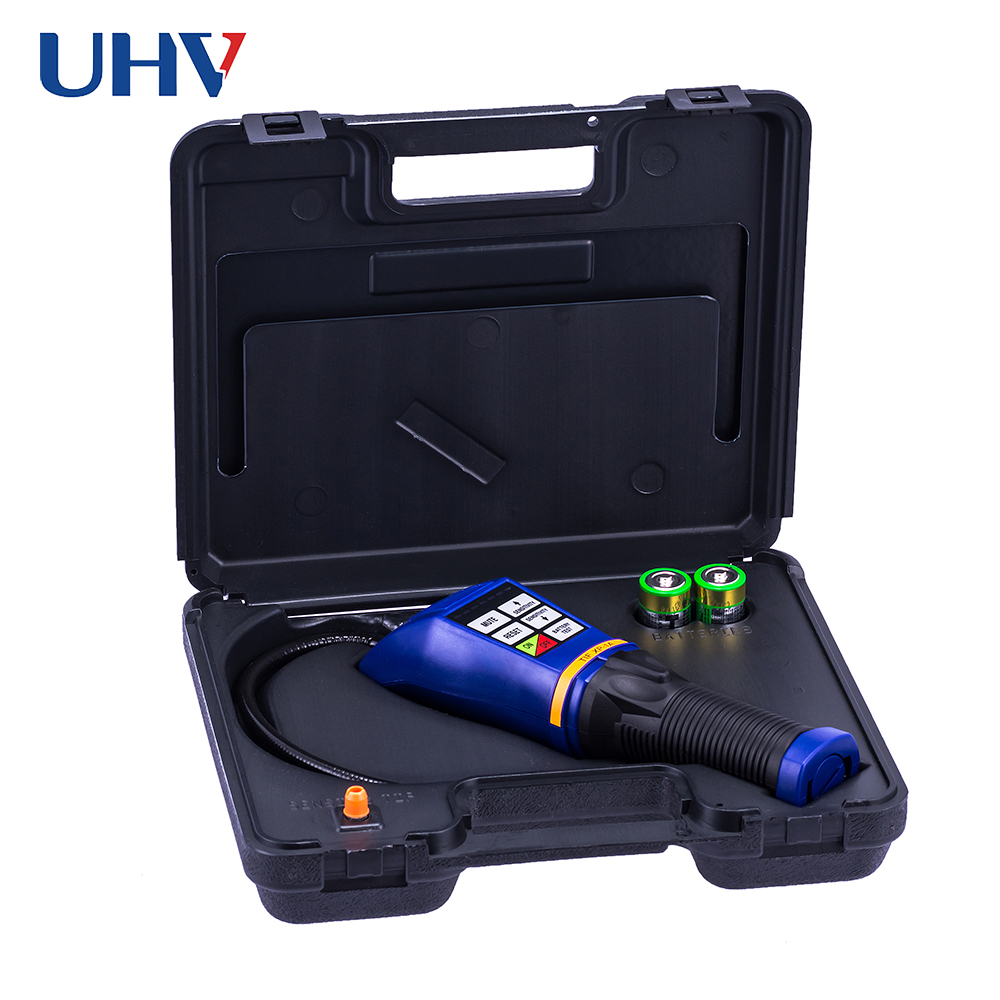
Properties of sulfur hexafluoride gas
SF6 is a colorless and odorless gas with stable chemical properties and excellent insulation properties. Since its density is greater than that of air, it has a high stability in the natural environment. In addition, SF6 has a high electrical dielectric strength, making it an ideal insulating gas for use in power equipment.
Fields of application
SF6 gas is mainly used in high-voltage switchgear and transformers for insulation and arc suppression. In high-voltage circuit breakers, SF6 is used for insulation and arc extinguishing, which can effectively prevent equipment damage caused by arcing. In addition, SF6 is used in transformer insulation and auxiliary insulation systems in grid transmission systems.
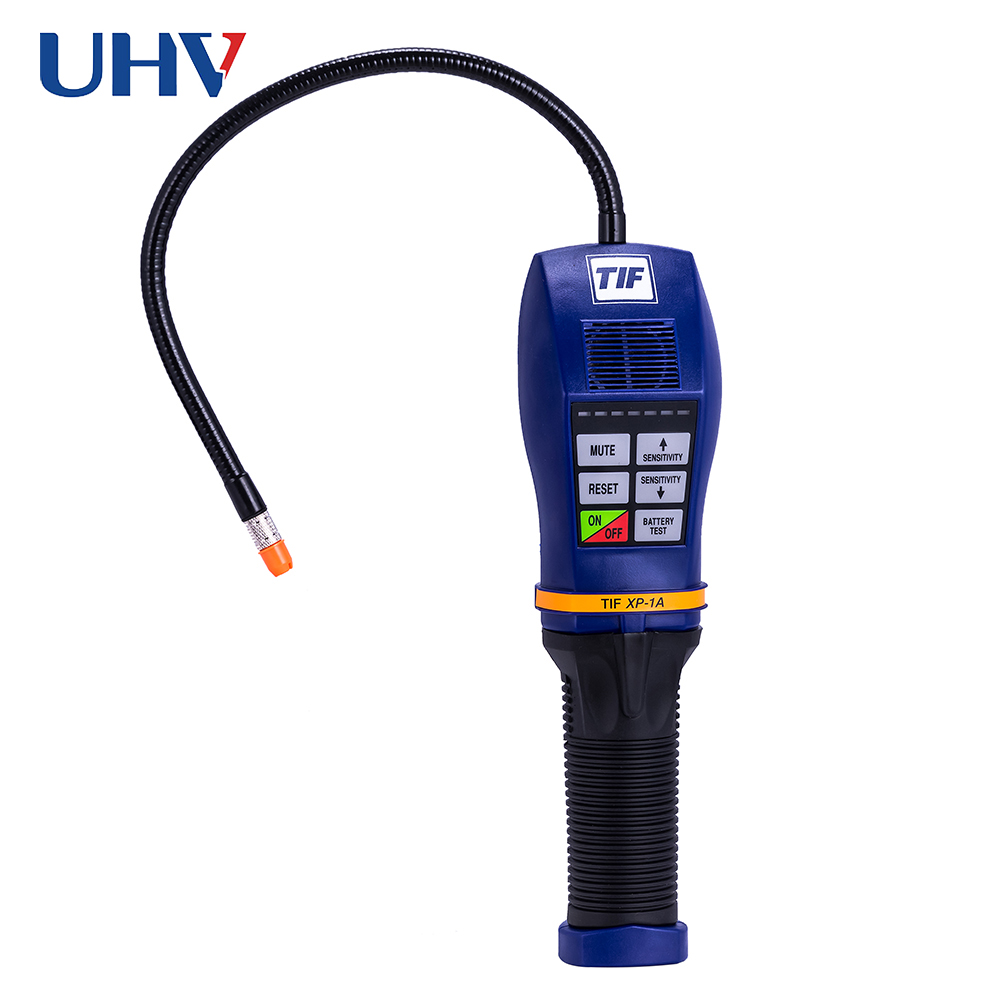
Potentially hazardous
Although SF6 gas has a low resolution at room temperature, its decomposition products may pose a threat to human health if leaked. After the decomposition of SF6, toxic substances such as fluoride, sulfide, and sulfur dioxide are produced. These substances have certain toxicity to the human body's respiratory, circulatory, and central nervous system. In addition, further studies have shown that long-term exposure to high concentrations of SF6 gas may cause irritation and damage to the skin, eyes, and mucous membranes. Therefore, strict safety measures must be taken when handling and using SF6 gas to reduce the potential harm to humans.
safety precautions
To effectively reduce the potential harm of SF6 gas to humans and the environment, we can take some safety measures. First, for places where SF6 gas is used, good ventilation and exhaust system design is required to prevent gas leakage and accumulation. Secondly, operators must be professionally trained to understand the properties of SF6 gas, its hazards, and the correct way to use it. In addition, regular gas detection and leak monitoring is an important safety measure, as well as safe storage and disposal methods.


